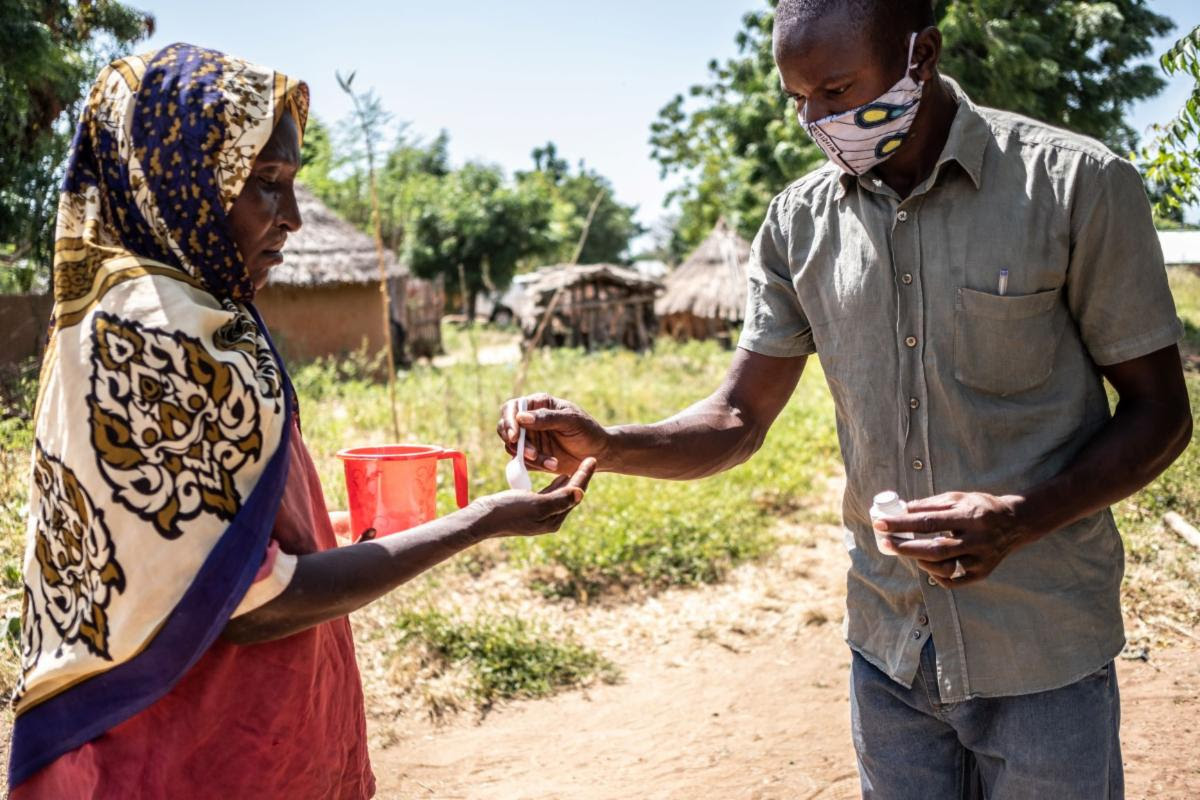Health
The END Fund and IHS Nigeria Partner to Tackle Endemic Neglected Diseases in Ekiti state

The END Fund, a private philanthropic initiative solely dedicated to ending the five most common neglected tropical diseases (NTDs), today announced their partnership with IHS Nigeria, the leading telecom infrastructure service provider company, to tackle prevalent neglected tropical diseases (NTDs) in Ekiti state, in the Southwest part of Nigeria.
The generous planned donation from IHS Nigeria will enable the END Fund to deliver thousands of treatments to those most affected by Onchocerciasis, Lymphatic Filariasis, Schistosomiasis and Soil Transmitted Helminthiasis; reducing the suffering, disability and poor health caused by these diseases, and significantly improving the quality of life of the recipients.
“The END Fund is delighted to collaborate with IHS Nigeria, in tackling these diseases that cause cognitive impairment, physical ailments, social isolation, and economic regression. Through the financial commitment of this partner, we will make good strides in reducing the burden for these diseases in Ekiti state. This is in support of the state government’s drive to enable a healthier populace, and also feeds into the national framework for supporting the sustainable progress of Nigeria, especially in the areas of health and economic advancement. In addition, tackling the NTDs is directly correlated to attainment of UN Sustainable Development Goal (SDG) 3 on good health and wellbeing; while contributing to meeting other SDGs, including SDGs 1 and 2 – alleviating poverty and hunger respectively, and SDG 4 – enabling people to pursue an education,” said Oyetola Oduyemi, Director of Public Affairs, at the END Fund.
The END Fund announced its partnership with IHS Nigeria on the occasion of its multi-stakeholder webinar being hosted under the aegis of its African NTD Leadership Initiative on June 01, 2021. The event was supported by many critical stakeholders who are committed to both building and expanding a sustainable and locally driven movement to end NTDs on the continent.
Speaking at the multi-stakeholder webinar, and taking the opportunity to announce the partnership between the END Fund and IHS Nigeria, Dapo Otunla, the Chief Corporate Services Officer, IHS Nigeria said,
“Today we are pleased to take this significant step in collaborating with the END Fund to tackle these debilitating diseases. Our robust program in Ekiti state involves funding preventive treatment for endemic NTDs, supporting the effective deployment of Water, Sanitation and Hygiene (WASH) measures, and working to end open defecation and its detrimental impact on the people of the state – including the contribution of this unhealthy practice to the state’s NTD burden.”
Otunla added, “As a business, we have invested in improving WASH practices across Nigeria in which thousands of households across the country have been impacted so much so that last year, the Vice President of Nigeria, through the Honorable Minister of Water Resources, awarded our Nigeria CEO, Mohamad Darwish a WASH Ambassador status under the Clean Nigeria Campaign. We know that addressing NTDs is only a logical step in the right direction and this will enable our impact to go further.”
According to the World Health Organisation, more than 134 million Nigerians require treatment for one or more NTDs, with 48 million children and adults affected by intestinal worms, and 25 million people affected by schistosomiasis – in terms of impact this disease is the world’s second most devastating parasitic ailment after malaria. The country bears approximately 40 percent of Africa’s NTD burden. The END Fund has been a key partner for the Nigerian national framework for tackling NTDs, and continues to support the country’s plans to eliminate endemic NTDs. In order to achieve this goal, a multi-stakeholder engagement strategy is crucial – with the private sector playing a fundamental role. The partnership with IHS Nigeria, is supporting the safe delivery of life-changing treatments to affected communities in Ekiti state.





